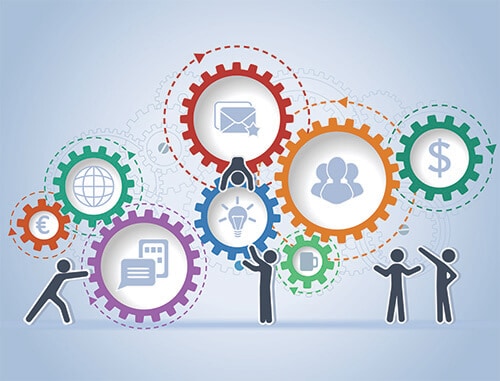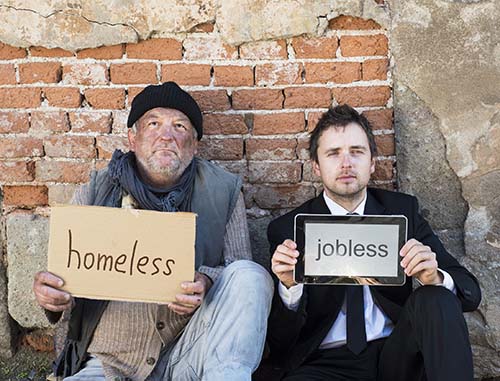A Veterans Day and Remembrance Message: Wired to Serve

Good Morning,
As we spend this week honoring our veterans—I have asked Retired Army Colonel David Sutherland to serve as a guest blogger today. His service to this country—and his leadership on and off the battlefield is an example to every one of us.
By Retired Army Colonel David W. Sutherland, Chairman, Dixon Center for Military and Veterans Services – a member organization of The Fedcap Group
Serving in the military was one of the highlights of my life. I say this, because many of those service members I served with and many of those veterans I now advocate for, are wired to serve.
I was the Commander of 3rd Brigade, 1st Cavalry Division in Iraq during “surge” operations in the volatile Diyala Province. My formation consisted of more than 5,000 of our nation’s finest men and women in uniform. For 15-months, they poured their hearts and souls into the mission; a mission that many deemed impossible.
They were determined to accomplish what they were sent to Iraq to do. And they did. Their experiences were indescribable. Their sacrifices were great. It was my honor to lead these amazing Americans and witness their heroism and courage first-hand.
Through the spirit of these brave men and women, and over my near 30-year military career, my view of leadership evolved. Our veterans are phenomenal — natural leaders who did not just learn military values but live them. These men and women have returned home and are contributing to their communities. I love telling their stories of valor, courage, and commitment. Here are just a few:
- Jennifer Grubb was a specialist in the Army who deployed to Afghanistan as a teenager. When she returned, this high performer fought a long journey with unemployment and homelessness to achieve independence and self-reliance. Jenn bought her first home in 2014, earned her degree as a licensed practical nurse, and is the recipient of the Chester County Empowered Woman Award. She has made a name for herself in local and national media, advocating for veterans struggling with substance abuse and mental illness. She is now serving as a psychiatric nurse specializing in drug and alcohol rehabilitation at a Veterans Administration hospital in Pennsylvania.
- Kim Elvin enlisted in the United States Navy in 1986 and served four years in the Aviation Administration. After being honorably discharged, Kim found her calling in social services and caring for others. She has continued her journey of service, working for Family and Children’s Services and eventually as Director of Workforce Development/Veterans Services for Easterseals New York. Kim oversaw daily operations and the training/employment programs for mature workers and veterans. Kim is now working for Goodwill Industries of Greater New York and Northern New Jersey, as the Workforce Director of Jobs Plus and the Senior Community Service Employment Program.
- Colonel Duncan S. Milne is the President of Dixon Center for Military and Veterans Services. He served 25 years in active duty combat and non-combat experience in the United States Marine Corps, as an AH-1W attack helicopter pilot. Colonel Milne’s career after active duty, has been dedicated in service to those who have had the honor and courage to wear our nation’s military uniform. He brought his knowledge of interagency coordination and executive-level private sector interaction to Dixon Center. Colonel Milne also continued his journey of service in the state of Maine as a candidate for the Maine State Senate in the recent election. While not elected, Colonel Milne advanced the state’s discussion around veterans and legal services, innovation, business development, and economic empowerment.
These three veterans are just a few who I describe as wired to serve and passionate about giving back to their community and neighbors. We live in the age of distraction. Our veterans and their courage remind me that our brightest future hinges on our ability to pay attention to the present. Join us this Veterans Day and Remembrance Day by reflecting on the service, and celebrating the achievements, of our nation’s veterans and what they are doing to contribute today.
If you know a veteran, reach out and have a real conversation with him or her. Veterans Day and Remembrance Day is an opportunity to get to know a remarkable group of people.
No matter what you do this Veterans Day and Remembrance Day, it is a day of celebration – enjoy it.











